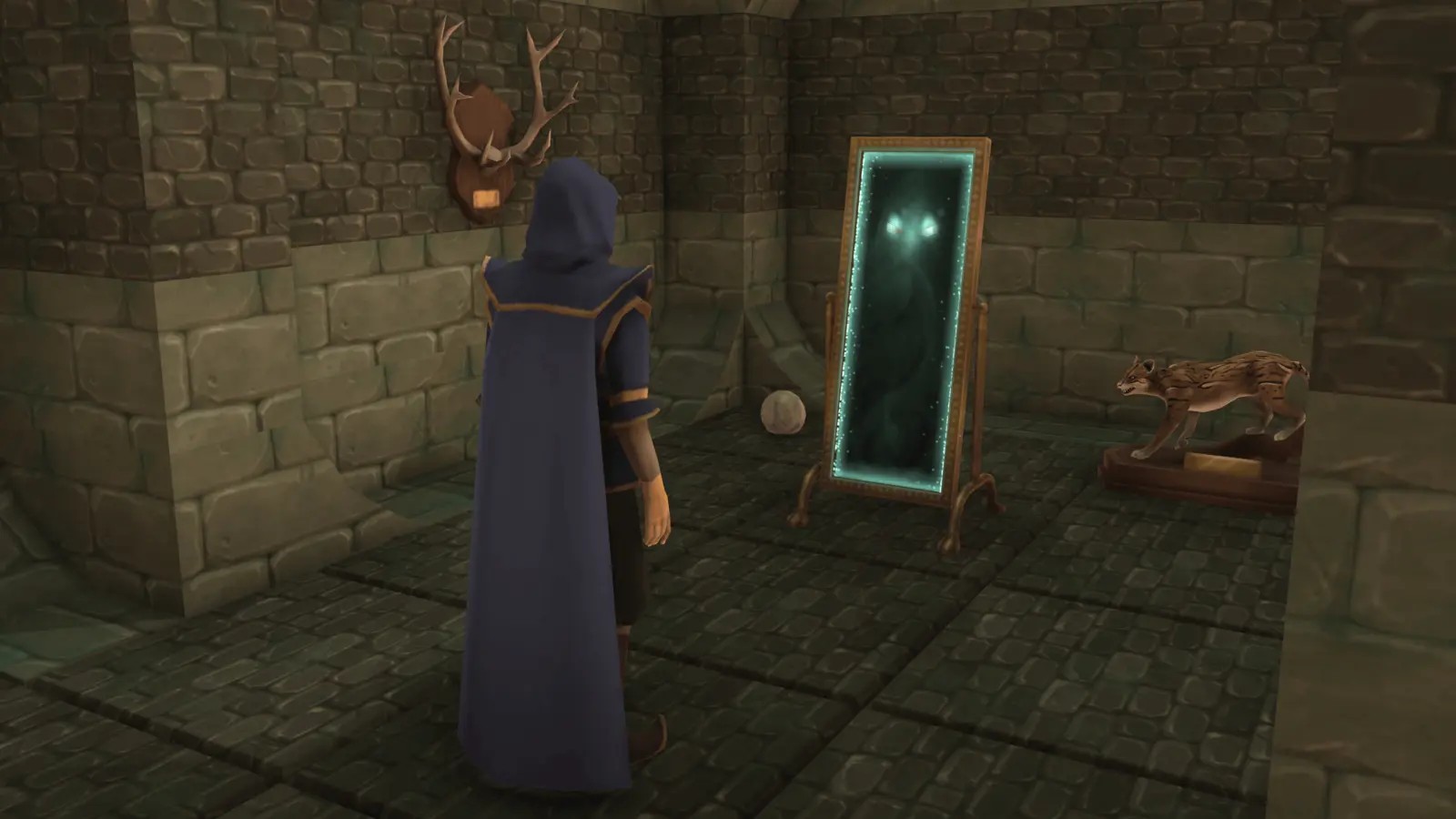No One Talks About Brighter Shores Anymore, While Old School RuneScape Is Bigger Than Ever
Despite the hype and the history, the spiritual successor flopped...

Old School RuneScape is somehow more alive in 2025 than it has ever been. The free-to-play MMORPG just hit over 240,000 concurrent players. People are grinding skills, doing quests, and hanging out in Lumbridge like it is 2007 all over again. It is a beautiful thing to witness. The fact that a game this old still manages to pull such a massive crowd says something about its staying power and the devotion of its community.
Meanwhile, Brighter Shores — a new free-to-play MMORPG created by RuneScape’s original mastermind, Andrew Gower — launched last fall, and nobody is really talking about it anymore. The hype fizzled out almost instantly. That is kind of wild when you think about it. A game developed by the person who created RuneScape, with all the pedigree and nostalgia on its side, should have been a surefire hit. Yet, it somehow did not catch fire.
Brighter Shores even looked clean and colorful in all the trailers. The art style was inviting, the world seemed expansive, and the concept felt promising. But then it dropped, and everyone collectively shrugged and moved on.
So why is a nearly two-decade-old game more successful than a shiny new spiritual successor? This question has been on my mind since I saw the numbers and the contrasting community reactions. Old School RuneScape remains vibrant and full of life, while Brighter Shores seems to have faded into the background.
The truth is that Old School RuneScape just knows what it is. It does not try to be trendy or chase the latest gaming fads. Old School RuneScape is not concerned with flashy graphics or gimmicks designed to hook casual players. Instead, it is a weird, slow, grindy little game that fully embraces its own identity. Old School RuneScape is proud of its tile-based movement, its click-heavy gameplay, and the fact that you might need a guide just to find your next quest or understand its mechanics. It is confident in its design choices, no matter how dated they may seem.
This confidence translates to player trust. People know what they are getting when they launch Old School RuneScape. There are no confusing shifts in style or gameplay direction. The community grows around shared nostalgia and an understanding that this game rewards patience and persistence. That is why people keep coming back, day after day, year after year.
Brighter Shores, on the other hand, feels like it did not know who it was trying to appeal to. Hardcore MMORPG players found it too shallow, as the combat was minimal and the progression systems felt simplistic. Meanwhile, casual players found it too confusing or overwhelming, with a user interface that seemed more designed for mobile screens than for a deep PC experience. Brighter Shores was not bad, exactly. It just felt forgettable and somewhat bland. Brighter Shores lacked a clear personality.
The combat in Brighter Shores did not offer much challenge or excitement. The skills felt basic, and the world itself did not seem alive or inviting. The systems were there, but they did not appear to build toward anything meaningful. It was like doing a series of tasks that lacked a real sense of purpose or reward. Without a compelling loop to keep players engaged, the game quickly lost its initial momentum.
Contrast this with Old School RuneScape, where even the most boring tasks feel like they matter. Spending hours fishing, mining, chopping, or cooking is not just a way to kill time. You are always chasing Level 99 in your skill, or working toward a bigger goal like completing quests, improving your character’s combat level, or gathering rare items. The progress is slow, but it is steady and meaningful. Every small accomplishment contributes to a larger sense of achievement.
Brighter Shores did not really offer that same feeling of purpose or progression. Its systems existed but did not seem to interconnect in a way that made the world feel alive. There was no real spark to make players want to invest time in exploring or mastering the game. It felt like a game of tasks without a soul.
I really wanted Brighter Shores to be the next big thing. I think a lot of us were rooting for it, hoping it could revive the magic of classic MMORPGs while updating the experience for a modern audience. And I still believe there is a chance for the game to find its footing and improve over time. However, there is a reason Old School RuneScape is still the king of this particular niche.
Maybe the answer is simpler than it seems: Old School RuneScape remains so successful because it embraces exactly what it is, without apology or compromise. It does not chase trends or try to be everything to everyone. Old School RuneScape is a game with a clear identity and a community that loves it for that. Perhaps Brighter Shores could learn from that example — to be more like the game that inspired it in the first place.
In a world where so many games aim to be flashy and all-encompassing, it is refreshing to see something old and slow continue to thrive. Old School RuneScape proves that a game does not need the latest graphics or bells and whistles to be successful. It needs heart, identity, and a strong community. That is something that Brighter Shores will have to figure out if it wants to compete in this crowded MMORPG landscape.
Related Articles
About the Author

Matthew “dinofries” D'Onofrio is a writer, content creator, podcaster and — most importantly — a gamer. With such a strong passion for video games and a severe case of FOMO, it's no surprise he always has his finger on the pulse of the gaming world. On the rare occasion Matt's away from a screen, you'll find him strumming away on his acoustic guitar or taking care of his cat Totoro.
More Stories by Matthew D'OnofrioRead Next

No rolling, no weird currency conversions.
You May Enjoy

Provided they reach a specific point in the game that is.

A new Support Operator uses butterfly drones to heal.

And the bike has only gotten cooler.

What happens when players need to interact in (mostly) solo-player games.
Discussion (0)